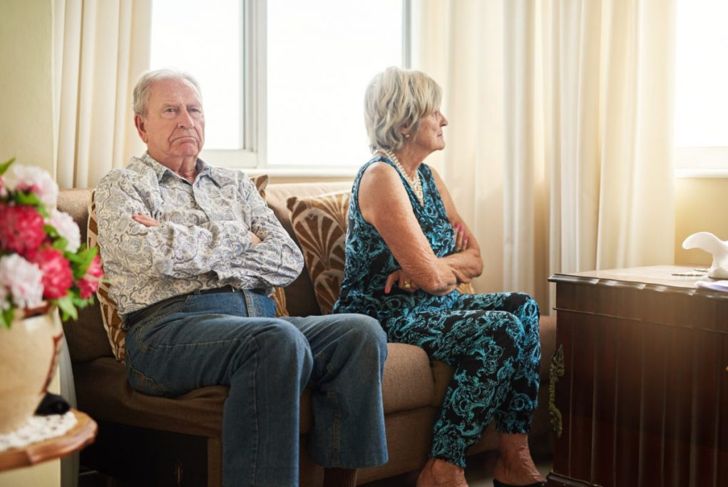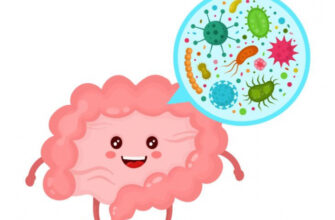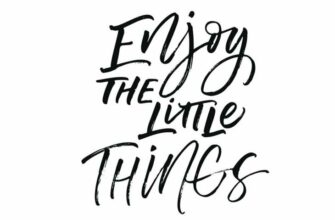Passive-aggressive behavior is when one person is subtly aggressive towards another. This behavior aims to punish or retaliate to a perceived slight. A person exhibiting this behavior will use passive-aggressive actions rather than communicating their dissatisfaction with words. When you have been the target of this behavior, you may not realize that a person’s hostility was purposeful. You may be left wondering why the person treated you poorly. Was it an accident? Are you being too sensitive?
Why Do People Behave Passive-aggressively?
People use passive-aggressive behavior for different reasons. A person may not typically behave this way, but occasionally they will exhibit this behavior. According to licensed social worker Signe Whitson, there are seven reasons why people act this way.
- We are taught showing anger is unacceptable
- Sugarcoated angry responses are acceptable
- Aggressiveness is more difficult
- Easy to rationalize behavior
- Revenge feels good
- Convenient
- Feel powerful
Examples of Passive-aggressive Behavior
Passive-aggressive behavior can be shown in several ways. Stubbornness, procrastination, and sullenness are typically exhibited. A person may mask their anger by making excuses for their non-compliance. People who are hostile may deny being angry even though it is obvious that they are upset. A procrastinating passive-aggressive co-worker may wait until the last minute to complete their assigned work or submit work late as a means of punishment.
What Causes Passive-aggressive Behavior?
People who have difficulty communicating their anger turn to passive-aggressive behavior to express their dissatisfaction. A person who is driven by jealousy will find it acceptable to behave in this way to rid themselves of their negative emotions. People with personality disorders will also use passive-aggression to get back at a targeted person. Prescription medicines may also cause a person to act up.
Dealing With a Person Who Is Acting Passive-aggressively
Once you recognize the passive-aggressive behavior, you can better deal with it and choose how to respond. Many people find that ignoring the behavior is the best way to react. If a passive-aggressive person doesn’t get the satisfaction of seeing you hurt by their actions, they may stop behaving this way. If you directly acknowledge a person’s passive-aggression, it may cause them to increase their negative actions towards you.
Characteristics of Passive-aggressive People
People who routinely act passive-aggressively share common traits. Once you learn how to spot the behavior, you can better react to it. You may find that interactions between you and the person are difficult because the person behaves unreasonably. Passive-aggressive people cause you discomfort regularly. They voice their complaint that they don’t feel appreciated.
Recognize Passive-aggressive Speech
There are common ways that people speak to show their hidden hostility. You may notice that the way they are talking to you doesn’t quite make sense and that you are getting frustrated. According to the social worker, Signe Whitson, passive-aggressive people may say:
- “I’m fine.”
- “I’m not angry.”
- “Fine.”
- “Whatever.”
- “I thought you knew.”
- “I’d be happy to.”
- “I was only joking.”
- “Why are you upset?”
Categories of Passive-aggressiveness
Preston Ni is a professor and author who has separated passive-aggressive behavior into four categories. Category one is verbal hostility. A person may use teasing, criticism, and sarcasm to vent their anger. The second category is relational hostility; the person acts two-faced, gives the silent treatment and backstabbing as a means of retaliation. The third category is disguised task hostility. Expect to see procrastination, stalling, and blame. Category four is hostility towards others using self-punishment; addiction, deliberate failure, self-harm, and victimhood are acts of passive-aggressiveness to teach you a lesson.
Do You Have a Toxic Relationship With a Passive-aggressive Person?
Being in a relationship with a passive-aggressive person can be overwhelming, and their behavior may be considered abusive. These partners are typically co-dependent; they rely on you excessively to meet their emotional and psychological needs. This unhealthy relationship could tempt you to enable the passive-aggressive behavior by giving in to their tactics. Be assertive, tell them you don’t like their actions and how it negatively affects your relationship with them.
How to Stop Being Passive-aggressive
Do you find yourself acting passive-aggressively sometimes and would like to change? There are actions you can take to prevent yourself from behaving this way. It is helpful to start a journal to write about your experiences and thoughts about your behavior. A close look at where you are likely to show passive-aggressive behavior is at your workplace. See if you can spot yourself misbehaving and find ways to channel your anger productively. Understand that change takes time but keep trying not to let your attitude escalate to the point of taking your anger out on others.
Stages of Passive-aggressive Conflict
There are stages of escalation and contributing factors to behaving in a passive-aggressive manner. Understanding the conflict stages will help you manage your emotions. Look for yourself trying to hide your anger while having irrational thoughts as to how to best handle a difficult situation. Are you starting to sulk, be sarcastic or give back-handed compliments? The next step will be acting out on your emotions by displaying the types of behavior that will result in your target reacting upset. Will this really make you feel better?

 Home
Home Health
Health Diet & Nutrition
Diet & Nutrition Living Well
Living Well More
More




















